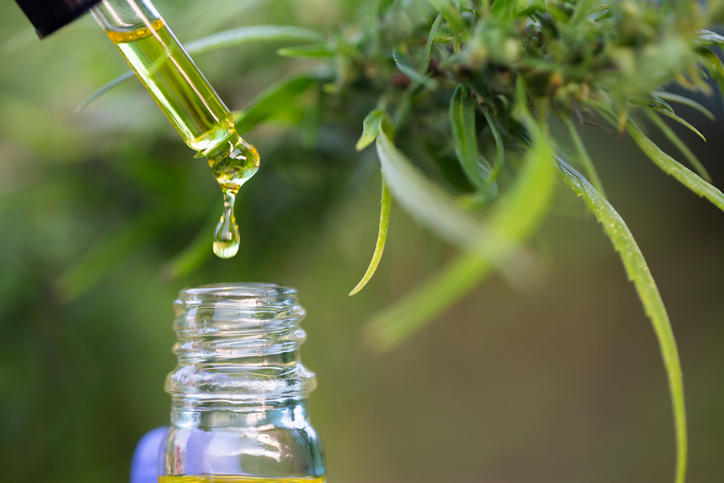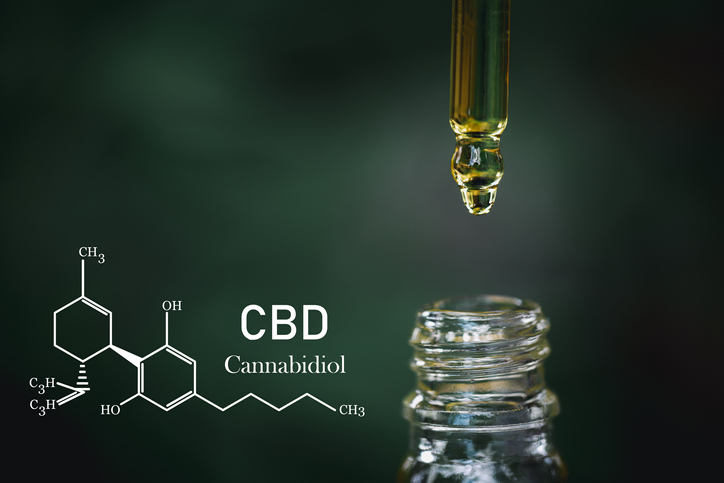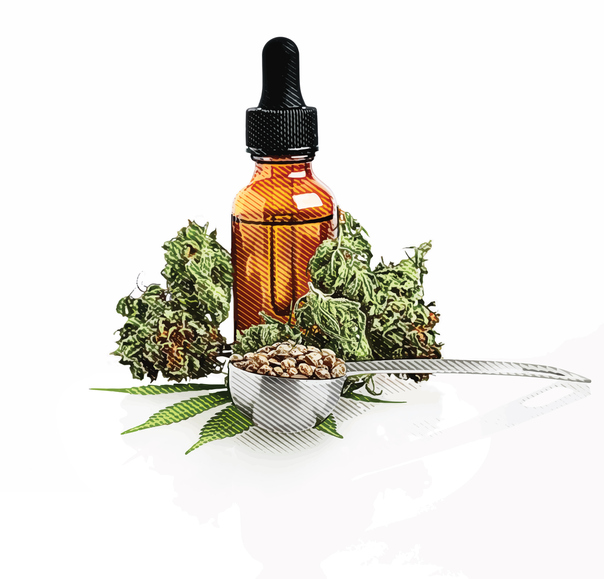Treatments
What Is the Difference Between CBD and THC?

Various products on the market today contain cannabidiol (CBD) or tetrahydrocannabinol (THC). Both are derived from the cannabis plant. The levels of CBD and THC in cannabis differs depending on the strain of the plant. Both CBD and THC affect neurotransmitters in the brain. However, there are many differences between the two, including their psychoactive effects, medical benefits, and legality.
Psychoactive effects
THC is the component responsible for the “high” associated with cannabis. It creates short-term feelings of relaxation, giddiness, or euphoria. It can also intensify sights and sounds.
However, CBD is a non-psychoactive compound, meaning it does not create a “high.” In fact, CBD can even reduce the psychoactive effects of THC.
Medical benefits
Medical cannabis typically contains THC. The benefits associated with the use of medical cannabis include the following:
- Reducing chronic pain, especially nerve pain, cancer pain, or pain associated with multiple sclerosis
- Reducing chemotherapy-induced nausea and vomiting
- Relieving tight or stiff muscles associated with multiple sclerosis
CBD may help with inflammation, pain, anxiety, depression, nausea and migraines. The U.S. Food and Drug Administration (FDA) has approved one CBD medication, cannabidiol oral solution, to treat chronic, severe seizures.
Legality
Any cannabis plant or derivative containing more than 0.3% THC is considered a controlled substance, making it prohibited under U.S. federal law. However, many states have “medical marijuana” laws. Medical cannabis has high levels of THC and generally must be prescribed by a licensed physician. Some states have made recreational use of cannabis with THC legal as well.
The Farm Bill of 2018 legalized hemp (part of the plant Cannabis sativa L.) with less than 0.3% THC. This makes many products containing CBD legal. However, with the exception of the one approved cannabidiol oral solution, the FDA has not approved any other CBD-containing products intended to treat any disease or condition. Laws regarding selling products containing CBD vary from state to state.
Possible side effects
Possible side effects of THC include the following:
- Dizziness, trouble with coordination, or slow reaction times
- Increased heart rate
- Trouble with concentration or memory
- Red eyes
- Dry mouth
Possible side effects of CBD include the following:
- Upset stomach, nausea, or diarrhea
- Drowsiness
- Low blood pressure
- Lightheadedness
Because THC and CBD can change the way some medications work, consulting a health care professional before trying any products containing THC or CBD is recommended.


















